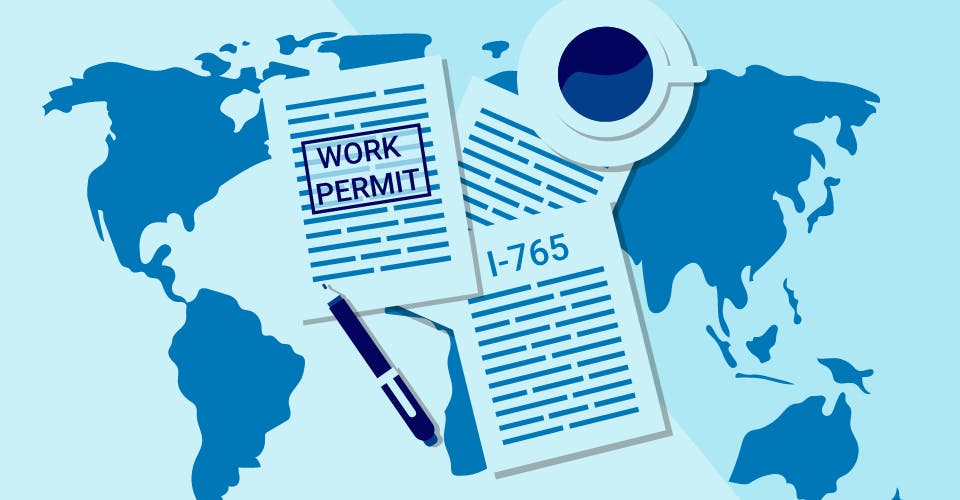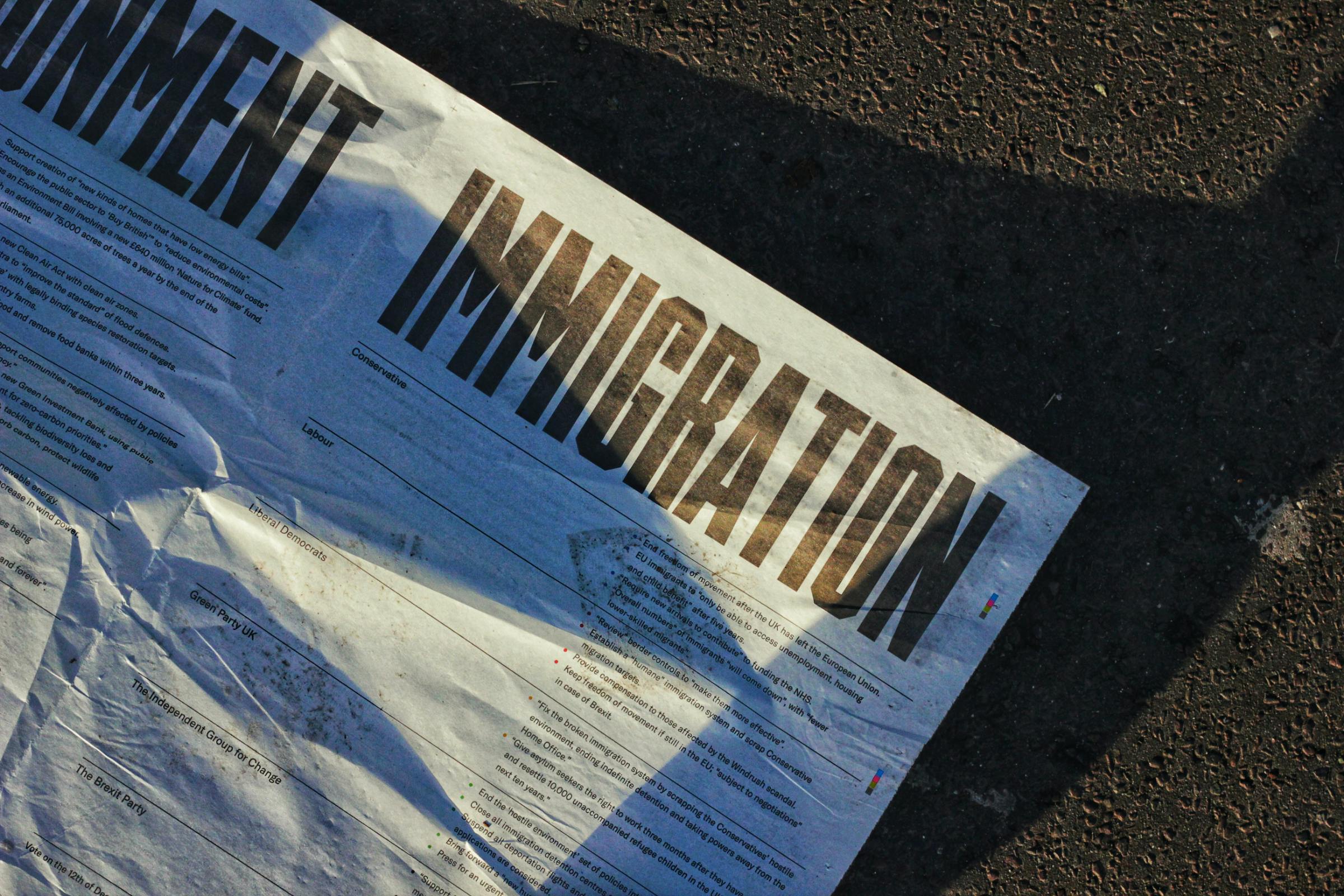The I-765 is the USCIS form that applicants can use to apply for a work permit, or work authorization in the United States. The I-765 is of critical importance, especially for dependents who come to the United States and want to legally work while another one of their USCIS applications is pending. For example, fiancés who come to the U.S. can file an I-765 for a work permit before their green card application is adjudicated (while it’s pending). In most cases, too, many other green card applicants file for a work permit as their adjustment phase may last for longer than a year of processing.
The I-765 Authorization for Work Permit also helps other non-citizens too. Recently, the USCIS has changed its policy with regard to foreign students and their abilities to work in the U.S. as part of the OPT —Optional Practical Training program.
Background
As part of F-1 students (a temporary visa issued to university students) working in the United States, they need to be part of what is called the Optional Practical Training Program. This means that the non-citizen student files for a work permit after being offered a position in a lab or some related position with a company immediately following their graduation. One of the historical problems, which has been exacerbated by Covid-19, is that students who have been offered employment opportunities via OPT have faced extreme delays in receiving I-765 confirmation.
This has created problems because the OPT program is only for a 12-month period, and previously time was shaven off of this period if the I-765 did not arrive for many months. Overall, the lack of efficiency in this work authorization program in the past fiscal year has led to more visa holders returning home, or doubting the process altogether.
USCIS Implements a New Flexibility Marker
The USCIS announced last week new flexibilities for foreign students who have been delayed due to pending I-765 Receipt notices. The new policy states, “To allow F-1 students to complete the full period of requested OPT (up to 12 months), USCIS will allow the 14-month period to commence from the date of approval of the Form I-765 for applications for post-completion OPT (USCIS, 2021).
This also means that students with working authorization can also request an EAD correction on their card that reflects the full 12-month period they will working in the U.S.
The full text outlining the new procedure can be found here: https://www.uscis.gov/news/alerts/uscis-extends-flexibilities-to-certain-applicants-filing-form-i-765-for-opt
Discussion
One of the implications of creating this new flexibility is that more F-1 students will remain in the United States, granted they have legitimate job offers relating to their field of study. It thus presents an opportunity for those same academics to apply for an EB-2 visa, which is a route that some with working authorization may take.
For example, if a non-citizen has a 12-month OPT and is already working for a research organization, they might use that time to ask their employer to petition on their behalf for a full-time role. Most OPT workers already have a fairly competitive specialization, or are working in a niche sector, and so this type of adjustment is possible. Additionally, a year period is enough time to have an I-140 Petition approved by the USCIS. There is also no INA rule stating that an individual who has a work permit cannot have an I-140 petition filed on their behalf.














